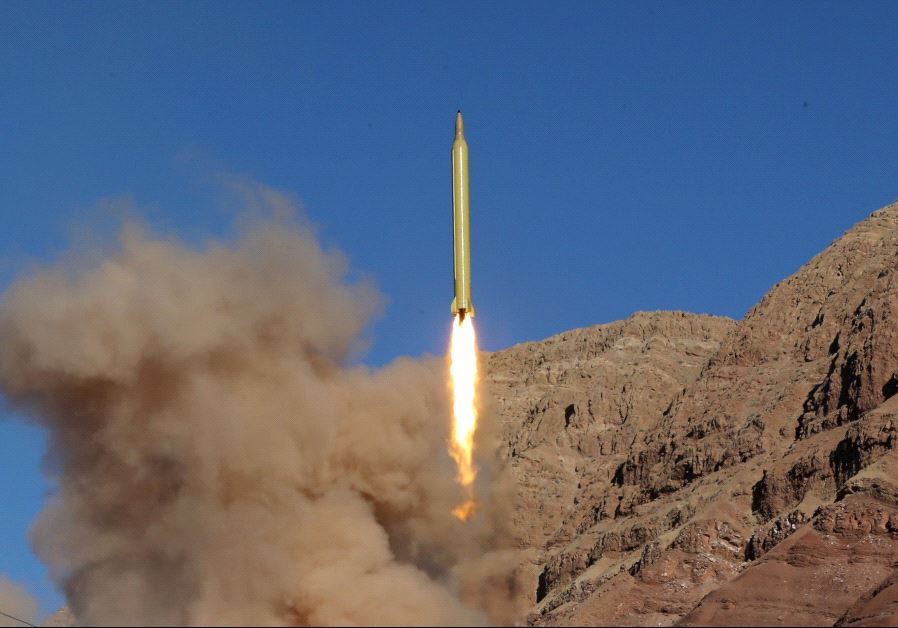What does the West need to do to stop Iran from becoming North Korea?
The North Korea situation is showing the West that once it is too late, its options are limited.
 A ballistic missile is launched and tested in an undisclosed location, Iran, March 9, 2016. Updated:
A ballistic missile is launched and tested in an undisclosed location, Iran, March 9, 2016. Updated: